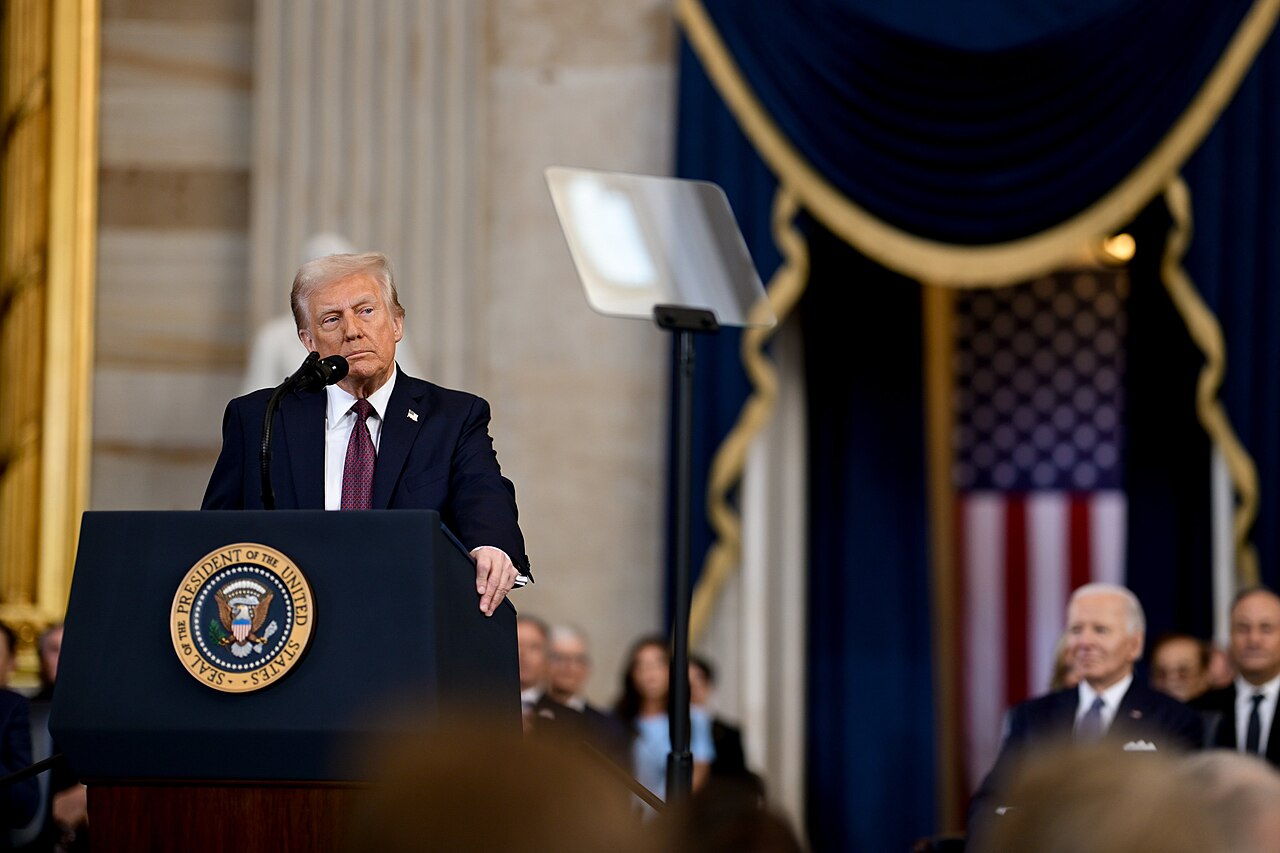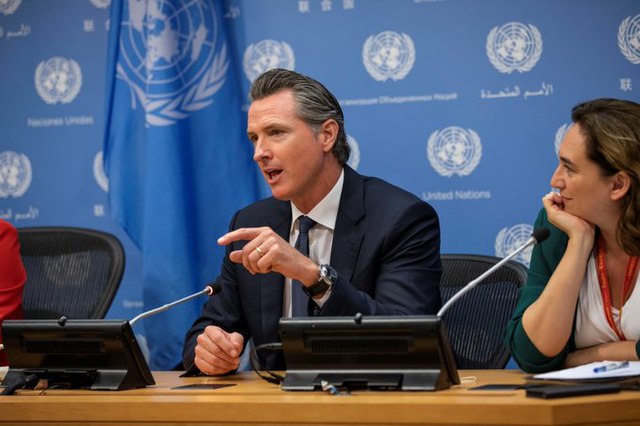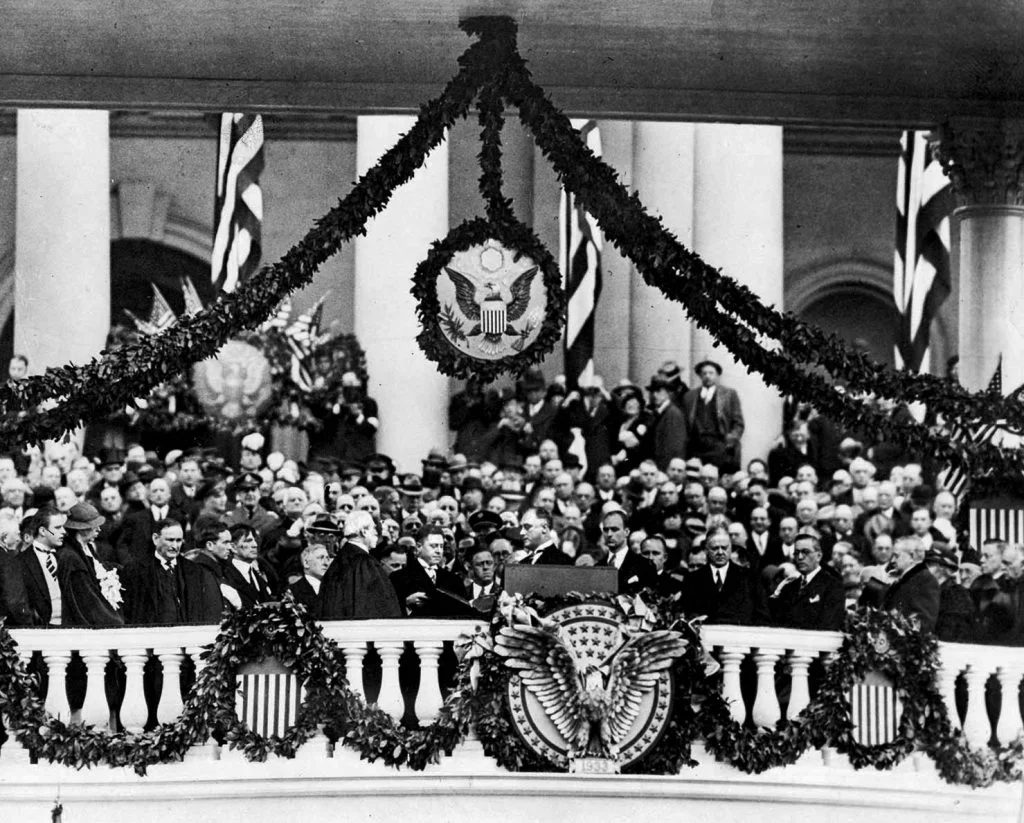
Reading the New Conservatives
Richard Reinsch reviews The New Conservatives by Oren Cass.
We are now months into the second Trump presidency, one that is markedly different, with significant changes not only from how past Republican presidents have governed, but also from Trump’s first term. Trump’s first administration enacted sweeping tax cuts built on growth ideas that had been circulated and refined for decades in conservative circles. There was also a significant deregulatory component to this agenda. Tariffs were imposed on Chinese goods, but they were not applied globally. Today, things have changed, and in some cases, remarkably. There has been no shortage of justifications and defenses for the new policy changes, many of which the readers of Law & Liberty can no doubt recite on demand.
It is essential to consider the arguments of policy scholars who are advocating for a shift to a conservatism that advocates for government intervention. The New Conservatives, a book recently published by American Compass, the think tank headed by political economist and lawyer Oren Cass, comprises previously published essays by its scholars, with the lion’s share written by Cass. The book is decidedly protectionist, pro-industrial policy, pro-labor union, pro-family policy, and proposes a more robust alliance between Silicon Valley and the government. The message is clear: entitlements shouldn’t be cut, nor should current tax rates on any labor or activity be reduced. In fact, Cass has indicated that he favors increasing taxes on wealthy Americans.
Central ideas these “new conservatives” share guide the essays in the inevitable direction of greater government involvement in almost every policy area. Most importantly, they argue we shouldn’t focus on the consumer but on the worker, especially workers engaged in the manufacturing sector. From this shift in focus from the sovereignty of the consumer to the sovereignty of the worker emerges a policy platform that launches America into the throes of a conservative social democracy, twenty-first-century style. An increased focus on the family in the form of transfer payments also joins the focus on the worker.
Politics
.webp)
Liberal Democracy Reexamined: Leo Strauss on Alexis de Tocqueville
This article explores Leo Strauss’s thoughts on Alexis de Tocqueville in his 1954 “Natural Right” course transcript.
%20(1).avif)
Long Distance Migration as a Two-Step Sorting Process: The Resettlement of Californians in Texas
Here we press the question of whether the well-documented stream of migrants relocating from California to Texas has been sufficient to alter the political complexion of the destination state.
%20(3).avif)
Who's That Knocking? A Study of the Strategic Choices Facing Large-Scale Grassroots Canvassing Efforts
Although there is a consensus that personalized forms of campaign outreach are more likely to be effective at either mobilizing or even persuading voters, there remains uncertainty about how campaigns should implement get-out-the-vote (GOTV) programs, especially at a truly expansive scale.

International Law Is Holding Democracies Back
The United States should use this moment to argue for a different approach to the rules of war.

Trump purged America’s Leftist toxins. Now hubris will be his downfall
From ending DEI madness and net zero to securing the border, he’ll leave the US stronger. But his excesses are inciting a Left-wing backlash

California’s wealth tax tests the limits of progressive politics
Until the country finds a way to convince the average American that extreme wealth does not come at their expense, both the oligarchs and the heavily Democratic professional classes risk experiencing serious tax raids unseen for decades.

How FDR’s Bold Experimentation Blinkered the American Economy
Overall, False Dawn is a disciplined, evidence-heavy challenge to the New Deal’s most self-flattering myth: that bold experimentation rescued the American economy.














